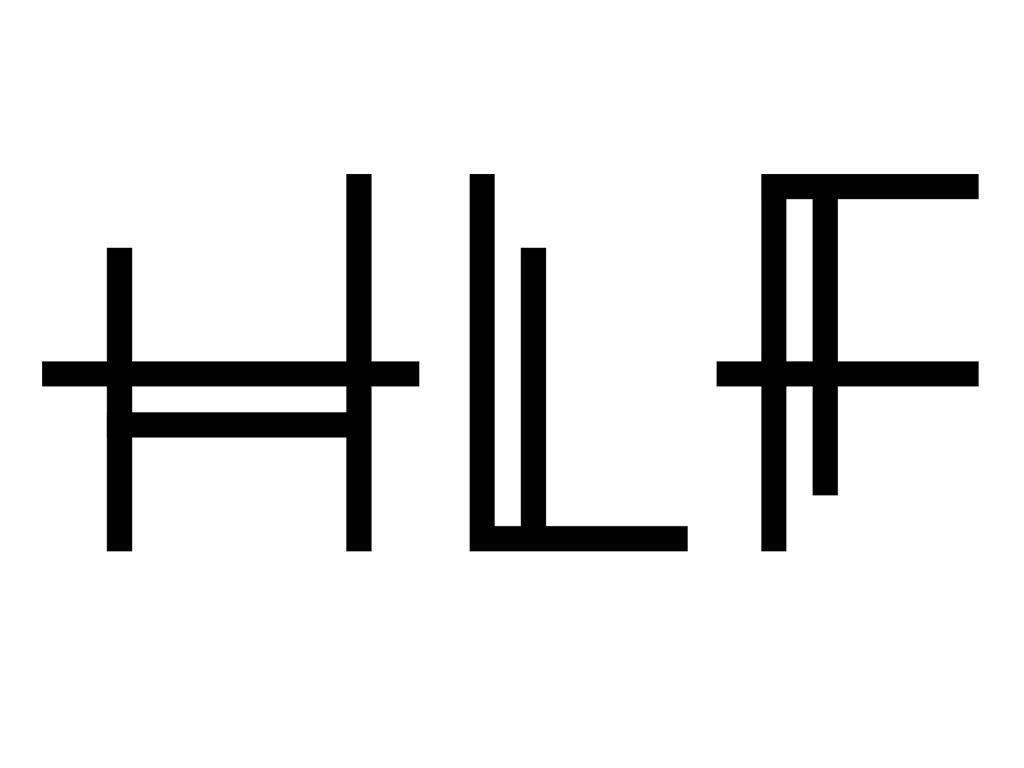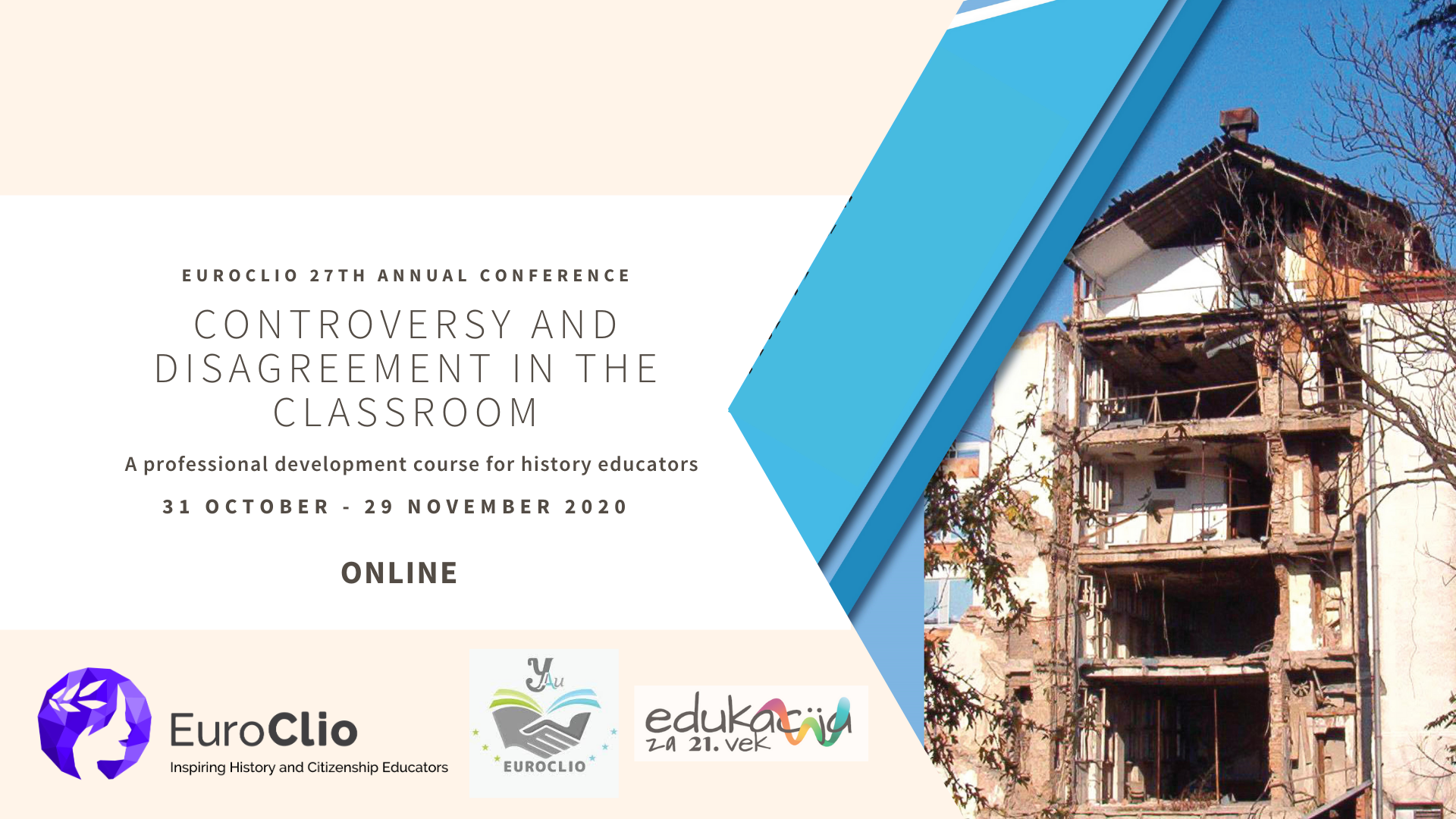Internettet, Internettet
Medlemmer historielærerforeningen kan deltage gratis — log ind og se hvordan
Update: New dates announced — The Annual Conference will take place online from 31 October to 29 November 2020
We are delighted and honoured to present the 27th EuroClio Annual Conference on “Controversy and Disagreement in the Classroom”. The Conference, which is organised in cooperation with UDi, the Serbian History Teachers’ Association, and Education for the 21st Century, will take place online, 31 October-29 November 2020. The Conference will incorporate the final training of the Learning to Disagree project.
In a time of growing division, where intolerance creates an “us-versus-them” attitude among social groups, it is essential for students to learn how to deal with controversial subjects, and how to cope with a variety of viewpoints and disagreements. And therefore it is also important that teachers include methods of dialogue, debate and discussion in their lessons, and deal with controversies.
- Healthy democratic societies are those in which people know how to argue without resorting to harm and violence. Through dialogue, debate and discussion young people can learn to develop listening and speaking skills to argue well. This helps them to become active and responsible democratic citizens.
- Many countries are experiencing a growing diversity in their classrooms, as societies are growing more diverse. Students should learn how to deal with this diversity of people and plurality of ideas and viewpoints in the world around them.
- History is always contested, with discussion and debate at its heart. Young people can learn to challenge, explore and test the evidence-base of claims so that they are able to distinguish valid historical interpretations from historical perspectives.
- Using dialogue, debate and discussion gives students voice. They learn that there are many evidence-based opinions and have the opportunity to participate.
- Schools are a great place to try these methods outs, as they should be safe learning environments in which young people can test out ideas and explore new thinking, change their views and critically evaluate their own values and attitudes without fear of judgment. At the same time it offers an opportunity to teach them how to respectfully disagree.
- Dealing with controversial issues provides a good way to directly connect with students’ lives and with the outside world (outside the safe school environment). Ignoring them would mean ignoring the realities in many students’ lives.
The 27th EuroClio Annual Conference will consist of active workshops, panel discussions, interactive sessions, and networking events. During these activities, you will be introduced to the topics of People on the Move, Borders, Surviving under Pressure and Cultural Heritage, and will reflect on how to assess pupils’ social and civil competences through debate, dialogue, and discussion on these topics. In addition, you will be introduced to the new features of the eLearning portal Historiana.eu, especially relating to the eActivity builder.
Contact the organisers! Reach out to us at alice@euroclio.eu.

